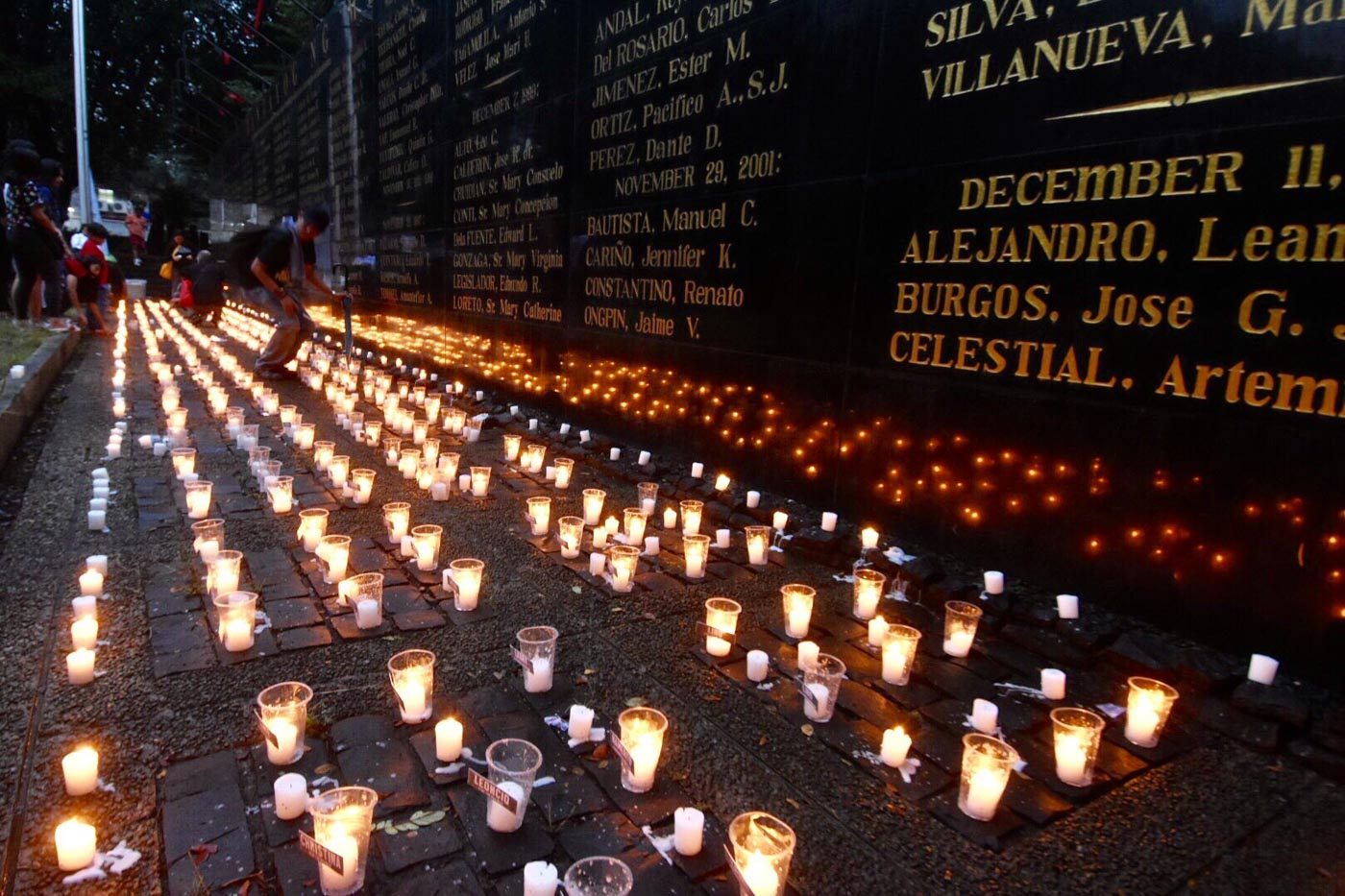SUMMARY
This is AI generated summarization, which may have errors. For context, always refer to the full article.

MANILA, Philippines – Victims of human rights violations during Marcos-time Martial Law will file a petition with the Supreme Court (SC) to allow the enforcement of a Hawaii court judgment granting them $2 billion in damages.
This comes after the Court of Appeals (CA) affirmed on January 3 its earlier ruling that rejected the Hawaii court’s decision. The Philippine court argued that the foreign court had no jurisdiction over the case, and that the ruling was not valid because the Marcos family’s right to due process was violated.
“For you to be able to fully or faithfully enforce the P2 billion or some amount, you’ll have to have it enforced locally. A foreign judgment must be enforced in local courts,” explained former Commission on Human Rights Chairperson Etta Rosales in an ANC interview on Monday, January 8.
“If we do not take it to the [SC], that makes it final. The [CA] decision becomes final and, to us, it is erroneous, it is violative of our rights,” added Rosales, who is also one of the petitioners.
Around 10,000 Martial Law victims filed a class suit in April 1986 with the United States District Court in Hawaii. It was hinged on the Alien Tort Claims Act (ATCA) of 1789, which gives US federal courts the jurisdiction over cases where a foreigner sues for any harm that came from a violation of international law, regardless of where it occurred.
It covers lawsuits filed against aliens who have taken refuge in the US. Marcos and his family went into exile in Hawaii after the 1986 EDSA Revolution.
The court decided in favor of the victims on February 3, 1995. The ruling was affirmed in 1996 by the US 9th Circuit Court of Appeals.
But the Philippine appellate court said the Hawaii court’s final judgment is “not binding” and failed to meet the Philippine standards of a valid judgment.
Rosales, however, stressed that other courts and the SC itself have recognized the ruling before.
“The Pinochet case in Spain, they used this as a reference. It’s internationally recognized. Even the Philippines’ SC actually recognized the ruling that the money that was provided to us by the Federal Supreme Court from the Marcos dummy foundations were ill-gotten, so they cited as reference the Hawaii district court ruling,” she said.
She also mentioned that Republic Act 10368 or the Human Rights Victims Reparations Act of 2013 cited the ruling. Petitioners in the case who applied for compensation have their claims automatically approved.
The first batch of Martial Law victims received their monetary compensation from the Human Rights Victims’ Claims Board in May 2016.
But more than the financial grant, victims are seeking for the enforcement of the landmark ruling, especially after the burial of the late dictator at the Heroes’ Cemetery on November 18, 2016. – Rappler.com
Add a comment
How does this make you feel?
There are no comments yet. Add your comment to start the conversation.